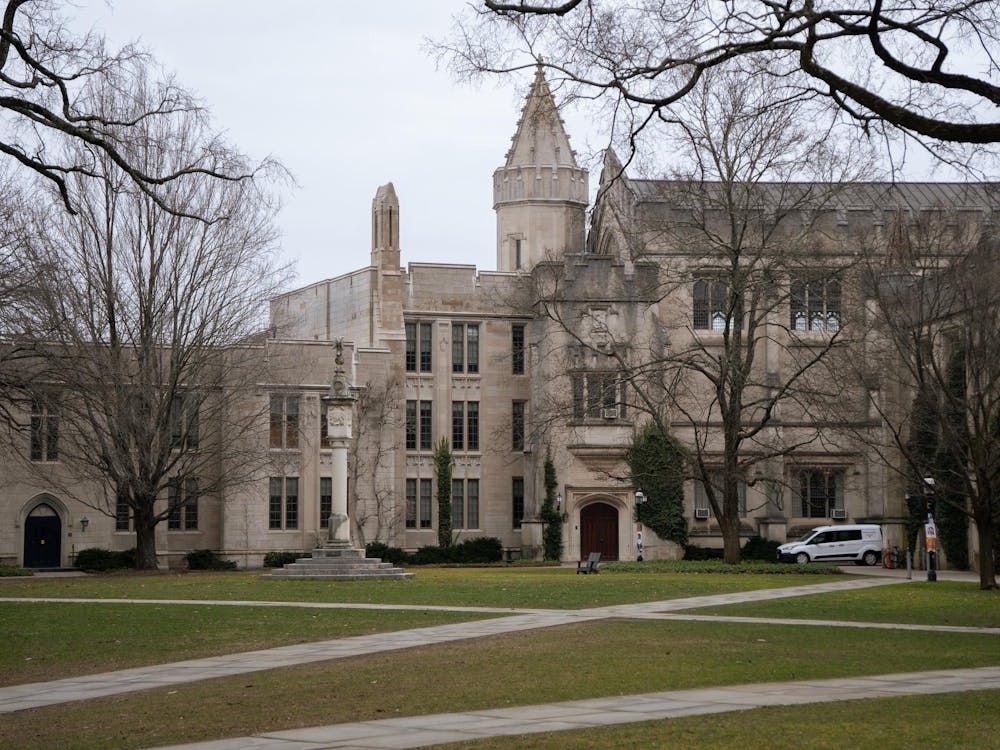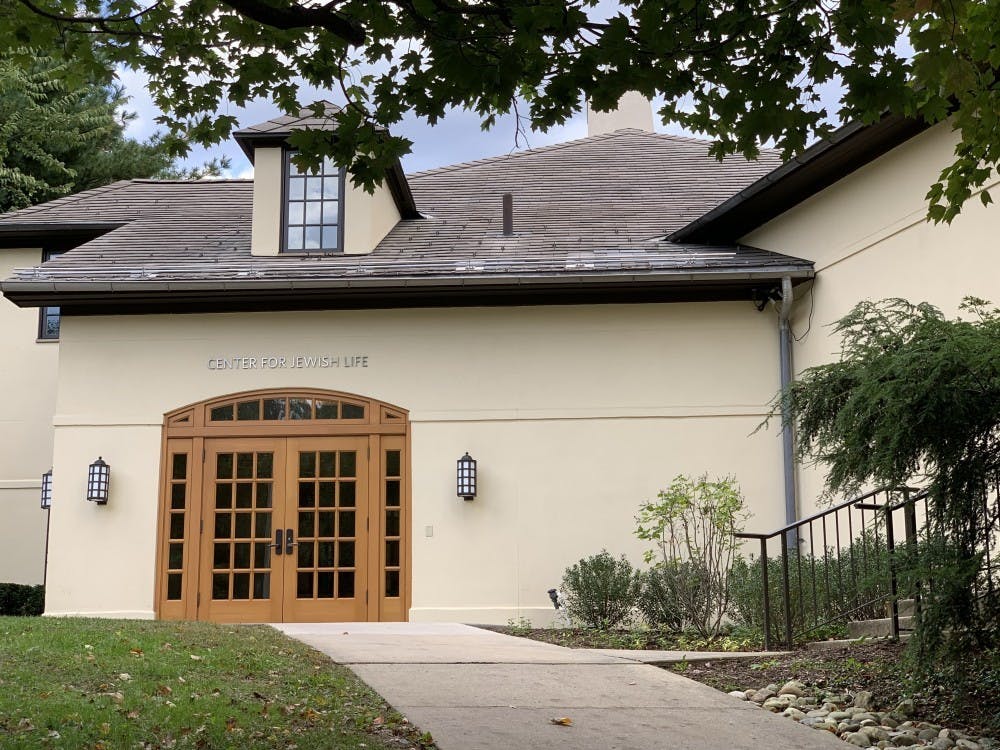Last weekend, I saw Raks Odalisque’s show "Dawn." Raks O is Princeton’s belly dance company. Unfortunately, its interpretation of belly dancing relies on and reinforces outdated Orientalist stereotypes. The group is dangerous not only because it perpetuates those stereotypes but also because it misrepresents the varied cultures of the Middle East.
Raks Odalisque’s very name depicts the Middle East in a stereotypical fashion. "Raks" is an Arabic loanword that means "dance." "Odalisque" is originally a Turkish word, passed on to French then English, that refers to a female sex slave, especially one in a sultan’s harem. By essentially naming the group "dance of the sex slave," Raks Odalisque plays into the stereotype of the Middle East as a place characterized by deviant attitudes towards sex — an ancient stereotype of submissive and sexually available Middle Eastern women, which is a key fetish associated with Orientalism. This fetish is particularly titillating and allows Orientalists to feel superior to Middle Eastern cultures.
Additionally, during the show itself, the audience was instructed to participate through two "traditional" noises. First, we were encouraged to call out "aywa," an Arabic slang word that roughly translates to "okay" or "yeah." We were erroneously told that this should be pronounced like Iowa, the state. Secondly, we were asked to attempt "zaghareet," a type of ululation common in many Arab countries. Once again, we were erroneously told that zaghareet is a special type of belly dancing cheer. In Arab countries, zaghareet is commonly used at a wide variety of honorary ceremonies from graduations to weddings. Defining it as a belly dancing cheer unnecessarily narrows the meaning of the gesture. It is as though someone walked into a strip club, noted that some men were clapping, and then explained that clapping is a special American gesture used for cheering on naked women. This sort of needless sexualization of neutral cultural differences is a key element in Orientalism, contributing to the exoticization of the East by fetishizing these differences.
Furthermore, zaghareet does not have to sound like the single sound that was performed at the show. How it sounds varies widely among countries. This is not merely a pedantic distinction; it is important to note that there are differences between countries in the Arab world. They should not be treated as a monolith.
Sitting in the audience as various Princetonians yelled out "Iowa" and "Eee ee ee" in an unfortunate mockery of a Middle Eastern audience was a deeply unpleasant experience, to say the least. It was inappropriate and culturally insensitive. By attempting to teach the audience about and share with us a piece of Arab culture, Raks O members put themselves into the position of representing that culture, proving that they are not at all qualified to hold such a position.
Raks O’s unsuitability to represent the cultures it parodies is further highlighted in one of its performance descriptions. In explaining one dance called "The Return," the show’s program mentions, "There doesn’t appear to be an actual translation of 'Visal' [the song’s name], but according to one website translating these Turkish lyrics to English, it means 'coming back.' " This quote reflects the group’s inability to truly access the traditions it wants to be in touch with. How can one purport to teach an audience anything about the Middle East if one does not even fully understand the meaning of the songs one is dancing to?
It baffles and hurts me that such a group continues to exist on this University’s campus. As Princetonians, we are capable of much more nuanced and sensitive interactions with other cultures. I understand that the girls of Raks Odalisque spent a lot of time and effort working on this show. I do not intend to shame or berate any of the girls involved in the group, who I am sure have only the best of intentions. However, despite these good intentions, their actions are actively harmful. Their product reinforces some very damaging stereotypes about the Middle East. It is my hope that going forward, we can be spared this insulting distortion of the plurality of Middle Eastern traditions.Zeena Mubarak is a Near Eastern Studies major from Fairfax, Va. She can be reached at zmubarak@princeton.edu.







